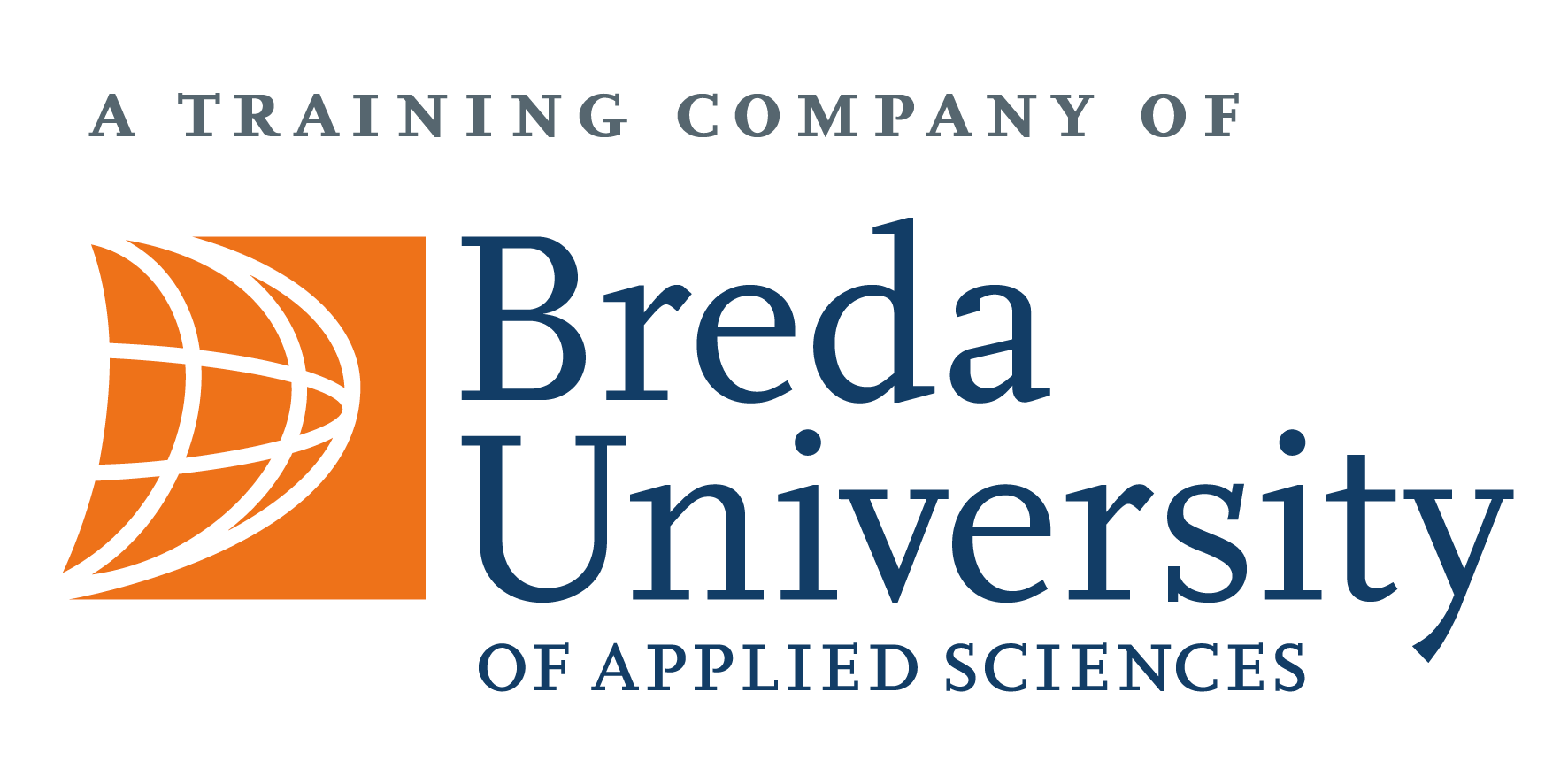Where are all my bilingual babies at?
Many of us students have grown up in bilingual families and it is common knowledge that a significant part of the population is able to speak at least two languages fluently from early childhood. Some plausible explanations for this are that people are learning from their parents who speak two different languages at home, unconsciously learning by watching foreign TV shows or playing video games. Even though bilingualism is quite ubiquitous, we will present you with 5 intriguing facts, which will take you by surprise!
1. According to recent studies on the neurobiology of bilingualism, fluency in two languages especially from a young age, has been linked to higher levels of concentration.

Bilingual kids seem to handle school tasks better, without being distracted from their surroundings. The same observation is carried out for elderly people. Knowledge of two languages sharpens the brain and most importantly its ability to focus. Furthermore, it may even delay the onset of dementia and other forms of age-related cognitive decline, such as Alzheimer’s disease.
Scientists still don’t have actual evidence as to why this is a tendency. However, there is a theory which shares that knowing two languages may enlarge blood and oxygen flow to the brain, which saves the nerve connections from damage within the passing years.
2. People who speak two languages tend to have a wider and more varied perspective on the world around them since they are immersed in two linguistic realities.
As reported by neuroscientific experiments on bilingualism, it is understood that even when only one language is being spoken at a particular moment, both languages are working concurrently in the brain, which leads to broader understanding. Bilinguals' personalities are also broader. Ziao-lei Wang, linguistics expert, writes about how different linguistic factors create different types of self-expression and experiences for the same person.
3. Even while still in the womb, babies born to bilingual mothers are able to recognize the differences between the two languages.

A mother's voice is among the most outstanding noises an unborn child hears in the womb, which is a reason why they distinguish the sound of it even before being born. They take more time to determine phonetic sounds of the two languages but once they do, they can actually hear and understand the difference. Furthermore, babies are also inclined to prefer their mother tongue over any other.
4. Cognitive abilities are more effective and adaptable in bilingual people.
People who speak more than one language are more likely to exhibit better multitasking and logic-focused problems solving abilities than the rest of the population. Wayne Thomas and Virginia Collier, a pair of emeritus professors at George Mason University in Virginia, have been devoted to gathering data on the advantages of bilingual education in the past 30 years. Referring to their studies, which covered six states and 37 districts, students able to speak two languages seem to have higher academic scores than their peers, who don’t speak a foreign language.
5. Last but not least, bilingualism brings about the benefits of having a stronger sense of identity and higher self-esteem.

It also leads to positive development in children’s native linguistic resources and better ethnic tolerance. According to Francois Thibaut from The Language Workshop for children, kids that grew up bilingual are more open to distinctiveness.
Taking all these facts into consideration goes to show how varied and complicated the way in which something as simple as the number of languages a person speaks can potentially impact their whole life.
Has this article inspired you to pick up a new language? If so, Duolingo, Busuu and Memrise are some great apps/sites that can help you get started.

